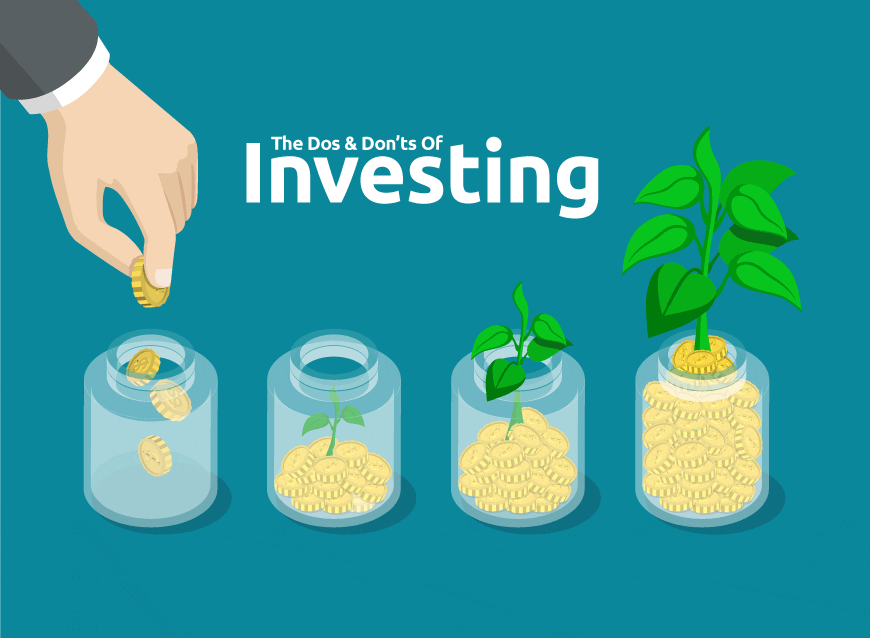You have most likely heard that investing is a great way to put your money to work for you, but if you want it to be effective, you have to do it over the long term. Whether you want to save for a specific goal or just grow your savings, you’ll want to put your money in different markets. There are several ways to make investing work for you and create a long-term plan that works for your specific financial situation.
Get Your Money in Order
Before you can start putting money into your savings, you will need to understand how much you can afford to set aside. You’ll need to get your finances in order. Take stock of both debts and assets and create a plan to manage your debt. You should also have an emergency fund so you won’t have to dip into your investments if an unexpected expense comes up. Dipping into investments can often result in late fees and tax implications.One way of getting your finances in order is by refinancing your student loan debt. This simply involves obtaining a new debt to pay back the old loans. You’ll simplify the repayment process and could save on monthly repayments.

Stick with One Strategy
Pick a strategy that works for you and stick with it. Even though the larger goal is to invest for the future you may consider breaking down your desired timeframe into smaller chunks, which can help guide you when it comes time to allocate assets. If you will need the funds in a few years, you’ll want to choose more conservative investments than if you have a few decades. Once you have allocated your funds, stick to your plan, even if the market fluctuates.
Understand Common Risks Around Investing
It’s a good idea to understand the risks around certain assets before purchasing them. Stocks are riskier investments, so it’s best to reduce your allocation in stocks as you get closer to your goal. This allows you to lock in the gains instead of risking them. It’s also a good idea to do your research on different stocks. US-based stocks are often less risky than foreign ones. Bonds are typically safer, but they are not completely free of risk either. A corporate bond is only safe if the company continues to stay in business.

If the corporation goes out of business, it won’t be able to repay debts, including bonds. To reduce the risk of default, pick companies that have been around a while and have high credit rankings. Still, it is also important to take your own risk tolerance into account as well. Some people may enjoy the challenge and potentially higher returns, but others may feel stressed at the potential of losing part of their money. It’s important to be able to watch your investments rise and fall without losing sleep at night. Because every investment has the potential to underperform at times, it is important to be able to look at the overall picture.

